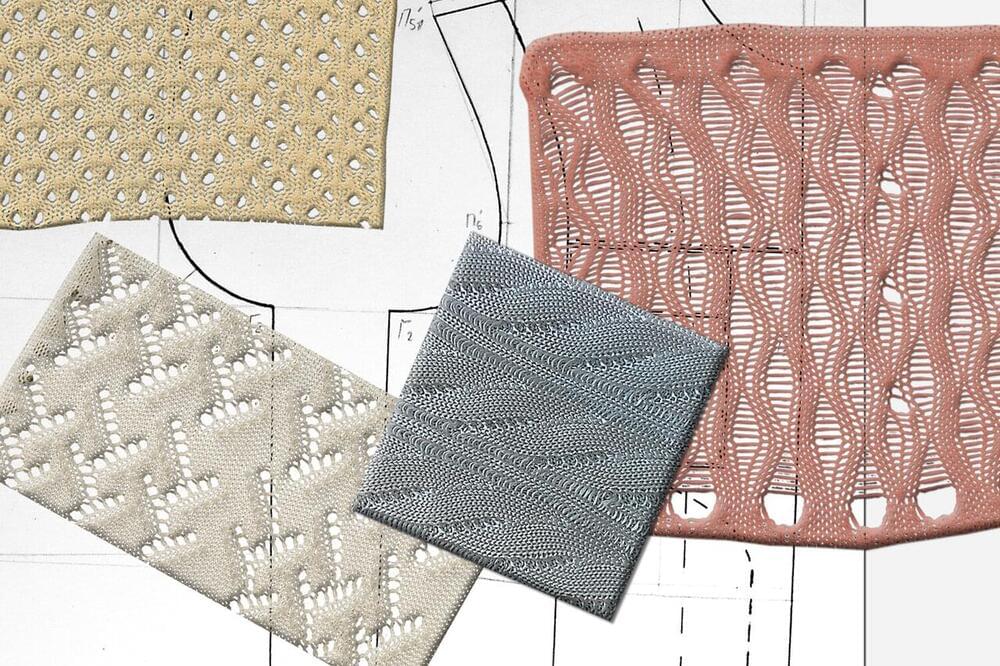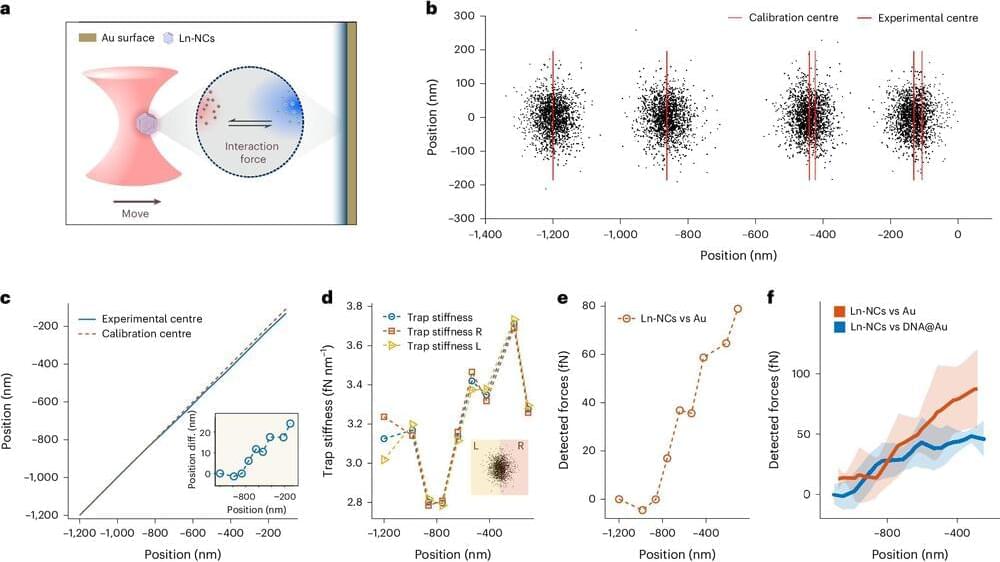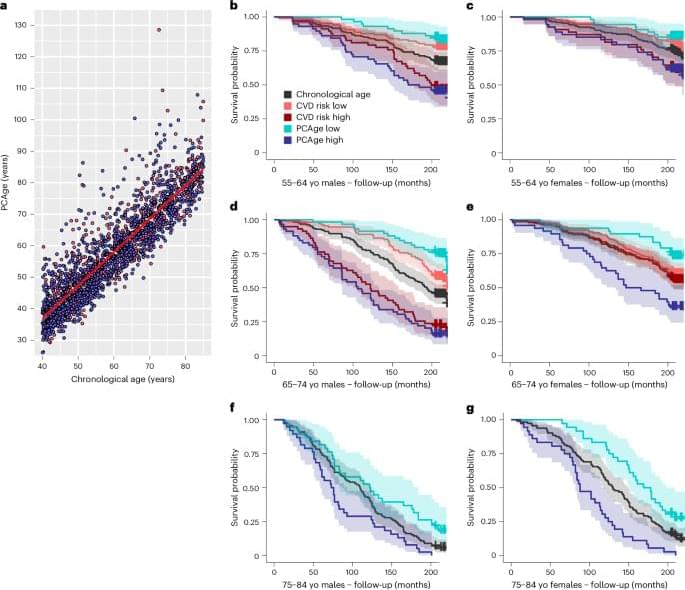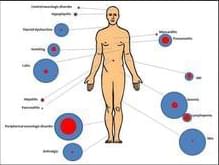The only problem with plastic profusion is that “recycling” it is at a “caveman’s” level!
In considering materials that could become the fabrics of the future, scientists have largely dismissed one widely available option: polyethylene.
The stuff of plastic wrap and grocery bags, polyethylene is thin and lightweight, and could keep you cooler than most textiles because it lets heat through rather than trapping it in. But polyethylene would also lock in water and sweat, as it’s unable to draw away and evaporate moisture. This antiwicking property has been a major deterrent to polyethylene’s adoption as a wearable textile.
Now, MIT engineers have spun polyethylene into fibers and yarns designed to wick away moisture. They wove the yarns into silky, lightweight fabrics that absorb and evaporate water more quickly than common textiles such as cotton, nylon, and polyester.








